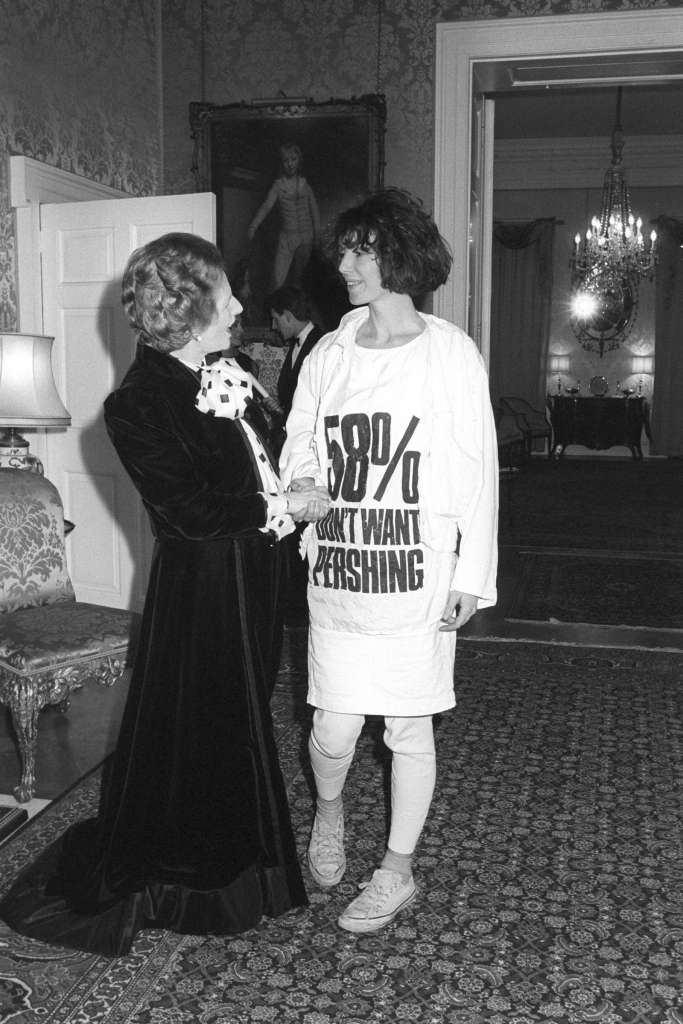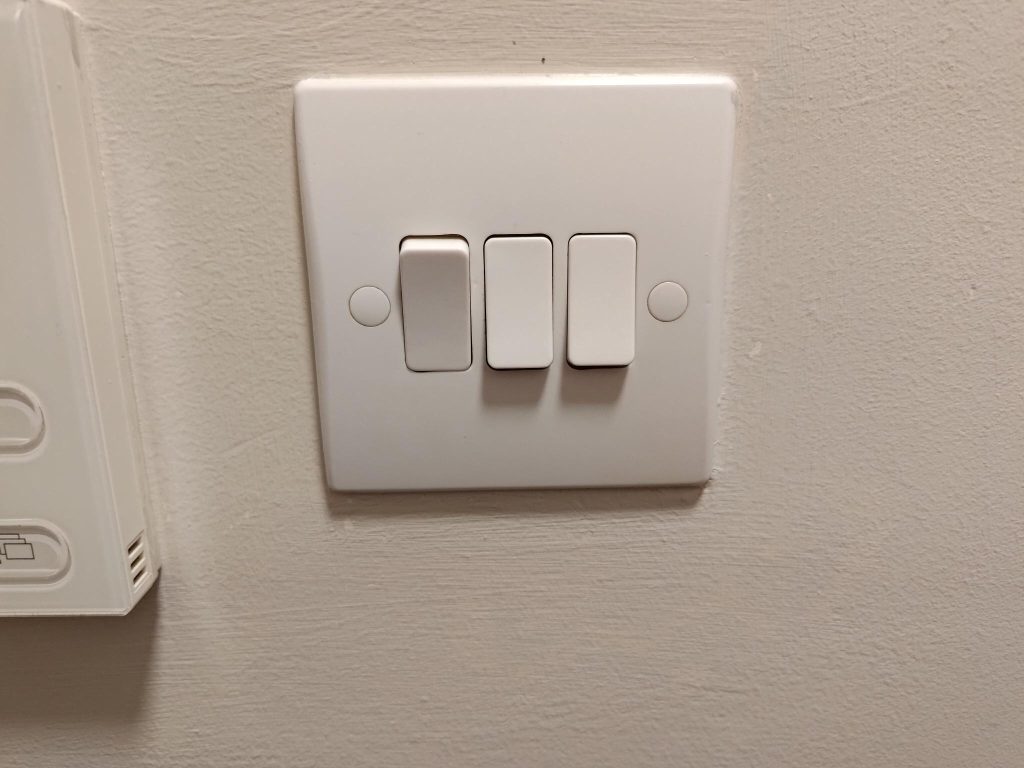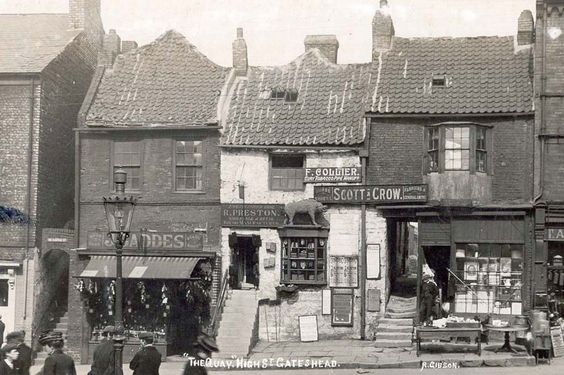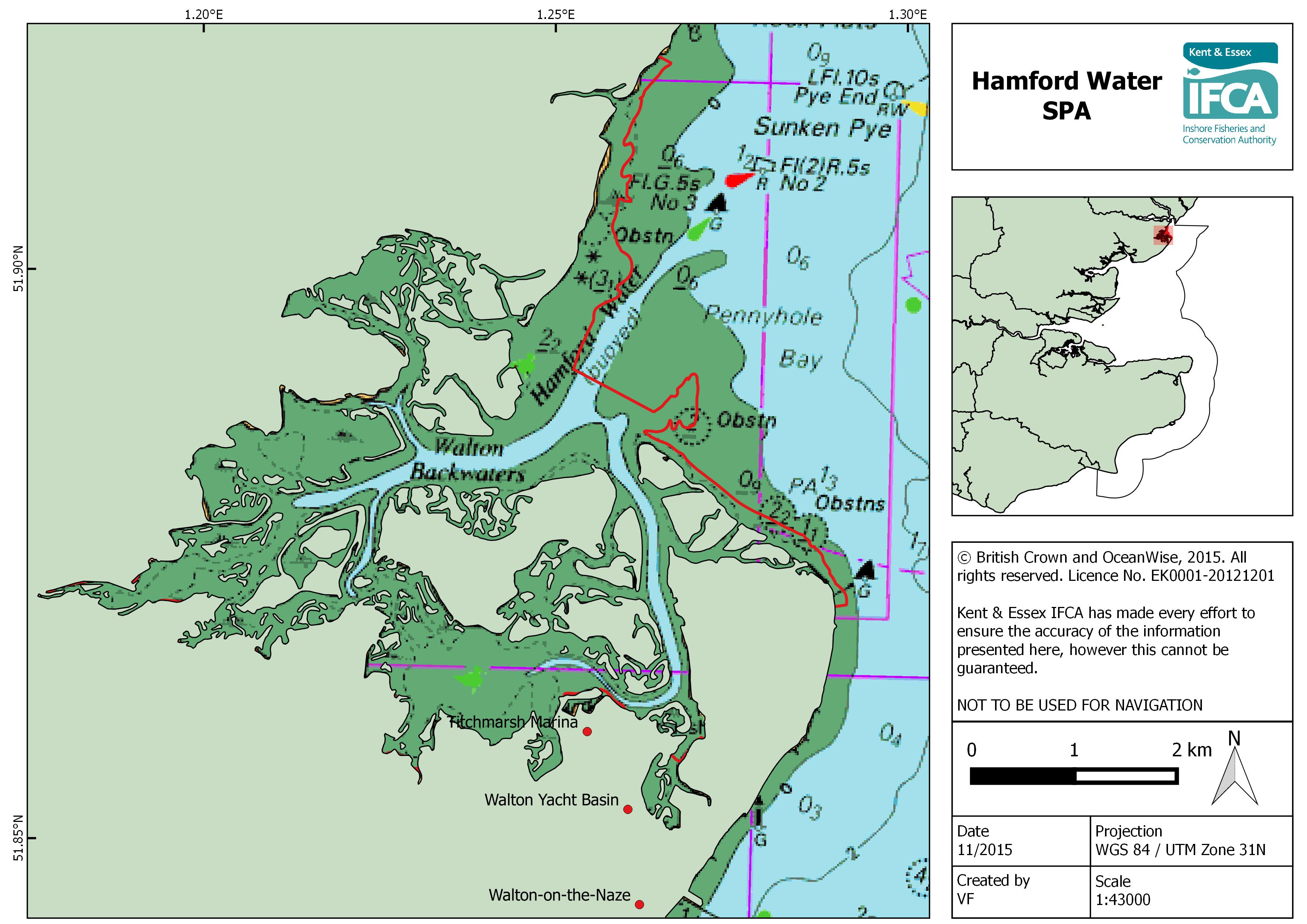
“There is no such thing as society. There are individual men and women, and there are families.” Margaret Thatcher (1925–2013), quoted in, Women’s Own (1987-10-31). Yet, Maggie could be charming, as shown in the above photograph from 1984, with Katharine Eleanor Hamnett (née Appleton; 1947 – ), an activist and English fashion designer best known for her political T-shirts, such as the one she is wearing criticizing American Pershing missiles in Britain. She was invited to a reception at #10 Downing Street, London, after being selected as fashion designer of the year, 1984. Hamnett was appointed Commander of the Order of the British Empire (CBE) in the 2011 New Year Honours, for services to the fashion industry. Then, on 2024-02-20, Hamnett publicly relinquished her CBE distinction in protest against the UK government’s support for Israel’s war in Gaza. Wearing an all-caps t-shirt reading “DISGUSTED TO BE BRITISH” she said she was against Britain’s role in the Gaza genocide before disposing of her distinction in a rubbish bin/ trash can/ garbage can.
I have journeyed by train in England, for the last time.
On British trains we encounted the phrase See It, Say It, Sort It, numerous times in the course of every journey. The details of this phrase will remain vague for some paragraphs, as I attempt to show how I am interpreting it, to gain greater control over my life, as it is forced to interact with rail corporations intent on profiting from me.
On Wednesday 2024-07-31, I was a passenger in coach 1 of a 12 car train from Stratford station in London to Gatwick airport. My estimate is that there are a minimum of 100 people aboard each car, or somewhere between 1 200 and 1 500 people in total. I am not sure what train it was because while numerous audio and video announcements are made including a listing of all of the stops the train will make, the train itself was not uniquely identified. At no time are we told we are on board train, say 12345 running on route 6789. So we are left with a rather vague time we left a particular station (if it is remembered).
I suspect this lack of a unique identification number is policy. It is a deliberate measure to ensure that there is no opportunity for passengers to summon help. Throughout the journey, we are given a coded message: See it, say it, sort it. Passengers are encouraged to speak to staff, or contact transport police. Yet, I interpret the phrase as a fictitious attempt to compensate for the lack of conductors, or any other personnel looking after the needs of passengers. There were no such personnel onboard many of the trains I was on. On some trains personnel came onboard to ensure everyone had a ticket. In other words, these people were solely looking after the needs of the various owners who operate trains, not the needs of passengers.
Incident 1: a woman with a first-class ticket and seating place, arrives in second-class to have a business conversation with someone by phone. While that someone cannot be heard, her voice dominates the soundscape, and we are given intimate, detailed information that should be kept private. After fifteen minutes, at the end of her conversation, she retreats to the privacy of the first class compartment.
Incident 2: a gang of youth enters the compartment and play Detroit rappers at high volume for their own entertainment and, I suspect, to deliberately make the journey less comfortable for the other passengers. A passenger, possibly aged 30, attempted to silence these youth to no avail. He then sat beside me, and said that he now understood his grandfather complaining about the youth.
… and so back again to the meaningless phrase, see it, say it, sort it. Sort it makes no sense. It is the transport police who will decide if and when they will intervene. When the train reached Gatwick and we left the train, there were still no police or staff available to deal with the youth. They simply carried on, undoubtedly disturbing new passengers for the rest of the journey to Brighton.
I have stayed at Travelodge, for the last time.
While every other place we have stayed at during our trip has offered free WiFi connected internet for the duration of our stay, Travelodge offers one half-hour free, or a surcharge for additional 24 hours of connectivity. This is unacceptable. In the future, I will be checking the fine print about internet usage.
Other complaints with Travelodge have to do with their breakfasts. They offered cold scrambled eggs, and lots of sugar and salt. Nutrition, not so much. I was particularly offended by the oranges. At the theoretical level, I have no issues with oranges wanting to reproduce themselves, but prefer to eat seedless oranges. In the offering from Travelodge every fruit sack had a large seed. In addition, the bread was unpleasant to eat. I have no issues with the bread I eat in Norway. Even in New Westminster, Canada, I grew up with a bakery 4 blocks from home, the National System of Baking. In contrast to other brands, it produced nutritious, edible bread.

Then I read in several sources that Holiday Inn Express Hotel & Suites in Elko, Nevada, is adding two fees all guests must pay, in addition to the standard 15% tax: There’s a $12.95 nightly energy recovery fee and a 3% credit card surcharge. It was noted that credit card surcharges for hotels are incredibly rare, used only by rogue hotels. Then one comment noted that H Hotel near LAX airport has a Safety and Protection of their employees fee, at $10.00 plus $12.95 for each day.
I have flown Westjet, for the last time.
Westjet wants people who prefer to sit together to make an additional payment for this privilege. I am uncertain who they are expecting to put up with this policy, because the major carriers have understood that they cannot act in this way. Budget airlines are in a price squeeze, as they see it. They need the same prices as the majors to survive, because they have the same expenses, but want to appear cheaper. Their solution is to offer a cheap base price, and then to charge for addons customers want, so that the end price is about equal. The Southwestern style of humourous commentary, given by some cabin crew member, does not compensate for disrupting a basic primate need of a troop having to stay together. Westjet, Ryanair and other airlines know this. Those who don’t are encouraged to read Desmond Morris’ (1928 -), The Naked Ape: A Zoologist’s study of the human animal (1967).
Language usage
Yes, I am the sort of person your mother warned you about. I use language for dramatic effect. When I write that I have done something for the last time, there is an unspoken condition that clearly assumes this is the situation, unless something changes! What has to be changed is never mentioned.





